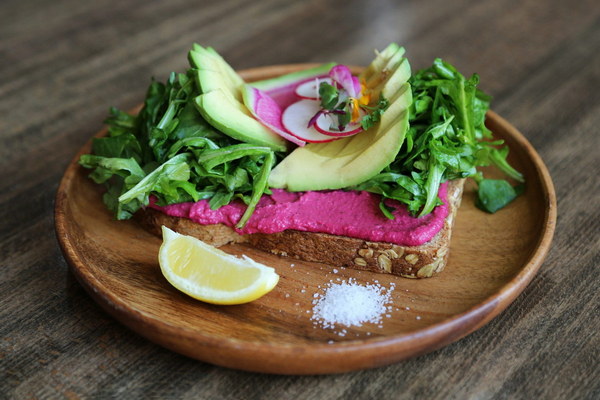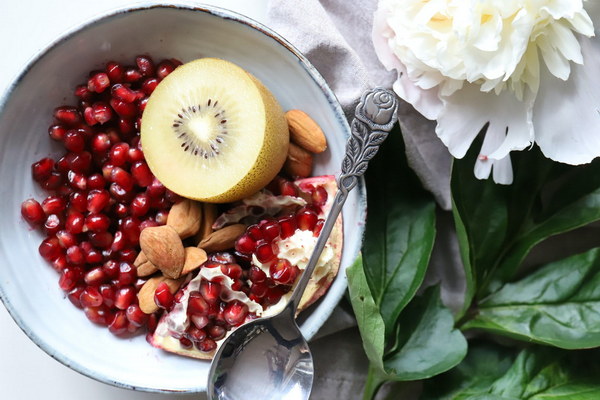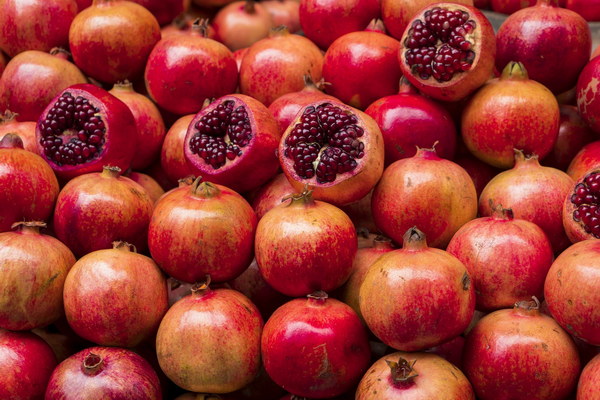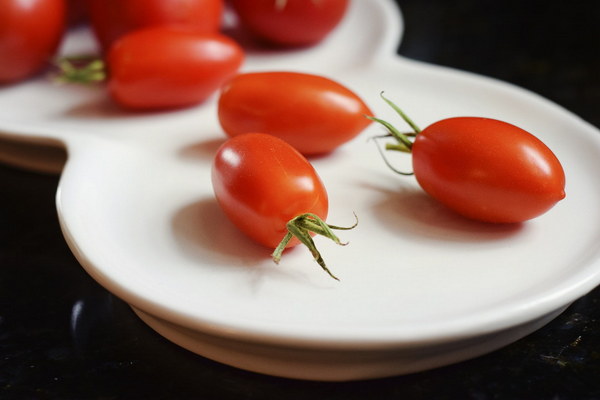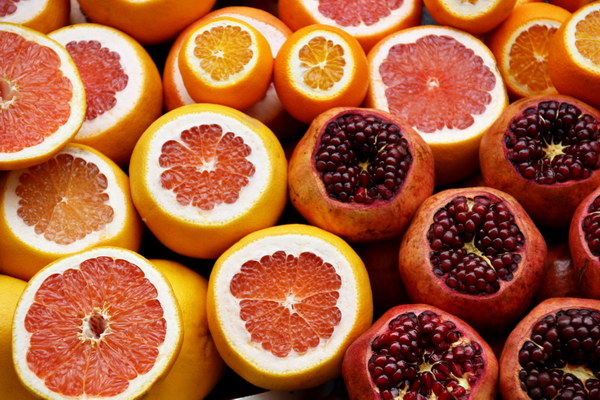Banishing Dampness A Holistic Guide for Middle-Aged Women's Health
In the realm of traditional Chinese medicine, dampness is considered a common culprit behind many health issues, particularly for middle-aged women who often experience a variety of symptoms such as fatigue, weight gain, and bloating. This article aims to provide a comprehensive guide on how middle-aged women can effectively combat dampness and improve their overall well-being.
Understanding Dampness
Dampness in TCM refers to an imbalance in the body's Yin and Yang, where the body's fluids are not properly regulated, leading to a build-up of excess moisture. This imbalance can manifest in various ways, including joint pain, sinus congestion, and digestive problems. Middle-aged women are more prone to dampness due to changes in metabolism, hormonal fluctuations, and the accumulation of toxins over time.
Identifying Dampness Symptoms
To determine if dampness is affecting you, look out for the following symptoms:
1. Persistent fatigue and lack of energy
2. Weight gain, especially around the abdomen
3. Digestive issues, such as bloating, constipation, or diarrhea
4. Joint pain or stiffness
5. Sinus congestion or allergies
6. Puffy eyes and under-eye bags
7. Dull, greasy skin
Natural Remedies for Dampness

1. Diet: A balanced diet plays a crucial role in managing dampness. Incorporate the following foods into your meals:
- Lean proteins: Chicken, fish, tofu, and eggs
- Bitter greens: Kale, Swiss chard, and arugula
- Herbs: Ginger, turmeric, and cinnamon
- Fruits: Pineapple, mango, and papaya
- Whole grains: Brown rice, quinoa, and oatmeal
Avoid foods that exacerbate dampness, such as dairy products, sugary foods, and fried or greasy foods.
2. Exercise: Regular physical activity helps to boost your metabolism and eliminate excess moisture from the body. Engage in moderate exercise, such as walking, swimming, or yoga, for at least 30 minutes daily.
3. Acupuncture: Acupuncture is a traditional Chinese medicine technique that can help to balance the body's Yin and Yang, thereby alleviating dampness. It involves inserting fine needles into specific points on the body to stimulate the flow of Qi (vital energy).
4. Herbs: Herbs have been used for centuries to treat dampness. Some commonly used herbs include:
- Astragalus: Known for its immune-boosting properties and ability to expel dampness.
- Codonopsis: Helps to strengthen the spleen and improve digestion.
- Atractylodes: Assists in resolving dampness and enhancing the body's energy.
5. Lifestyle adjustments: Adopting a healthy lifestyle can significantly reduce dampness. Here are some tips:
- Get enough sleep: Aim for 7-8 hours of quality sleep per night.
- Manage stress: Practice relaxation techniques such as meditation, deep breathing exercises, or mindfulness.
- Keep warm: Dress warmly and stay hydrated to avoid dampness.
Conclusion
By following these natural remedies and making lifestyle adjustments, middle-aged women can effectively combat dampness and improve their overall health. Remember that it's essential to consult with a healthcare professional before starting any new treatment or making significant changes to your diet or lifestyle. With dedication and patience, you can achieve a balanced and vibrant life free from dampness.
